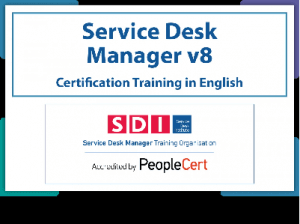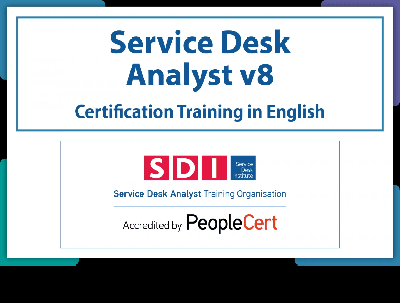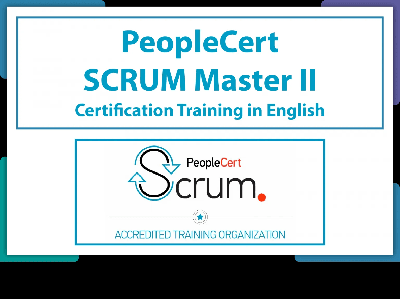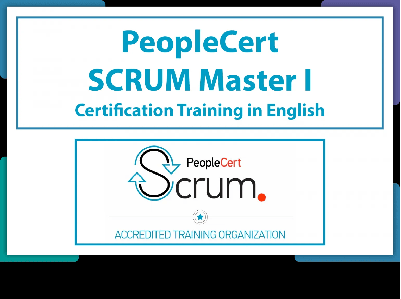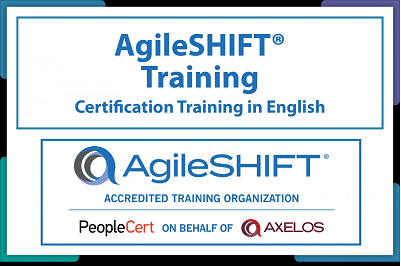
Overview
The Service Desk Manager (SDM) qualification recognizes an individual’s knowledge of the competency requirements and skills required to be a manager of a service desk. SDM provides a thorough understanding of service desk management and leads to a globally recognised qualification.
SDI – Service Desk Manager v8 (SDM)
| Course type | SDI – Service Desk Manager v8 (SDM) Official e-book (Digital) | 2 attempts at Exam | |
|---|---|---|---|
| E-learning Self-paced (1 Year) | Included | Included | |
| Virtual live-online (2 Days) | Included | Included |
An SDM certified professional will be able to demonstrate:
- A thorough grounding in the skills required to lead, motivate and manage a service desk team.
- The complete service desk management tool kit covers strategy, leadership, employee development, relationship building, service improvement, ITSM processes, performance measurement, finance, and tools and technologies.
- An internationally recognised SDM qualification.
Who is it for?
This qualification is designed for existing and aspiring service desk managers and supervisors who wish to develop their understanding of service desk management best practices and how to run an effective support operation. It is suitable for those with at least three years of experience in a service desk environment.
Please note that a training course completion certificate from an Accredited Training Organisation will be required to demonstrate proof of training attendance before exam results are released.
This popular qualification consists of 11 modules:
- Defining strategic requirements – plan for the strategic development of the service desk within an organisation’s overall business goals.
- Developing a strategic role – define the strategies and techniques for a successful support operation that is integrated with the organisation’s overall business goals.
- Essential management skills – examine key commercial management skills including integrating IT services, business cases, financial management, strategic responsibilities, defining processes and procedures, gap analysis, project management, behaviours and communication.
- Integrating the service desk – identify the need for relationship and network building, contribute to IT and business objectives, continual improvement and assessing the best sourcing option.
- Promoting the service desk – plan the promotional objectives, strategies and tactics for the service desk.
- Quality assurance activities – review QA programmes and practices including satisfaction surveys, benchmarking, monitoring methods, service delivery models and resource management.
- Effective management of tools and technologies – review and evaluate the service desk technology market, ACD and CTI, service delivery communication channels, self-service and self-healing.
- Staff recruitment, retention and development – examine effective recruitment programmes, core skills, staff development, effective relationships with teams and individuals.
- Motivation – establish reward and recognition strategies, employee and customer satisfaction programmes, performance management, staff motivation, work environment.
- Leadership and management – discover how to be an effective leader and manager, improve your professional development, and hone teamwork, coaching, mentoring and stress management skills
This course contains everything that is essential to core roles and responsibilities of a successful Service Desk Manager:
- Defining strategic requirements: review the purpose, activities, and requirements of a successful service desk from a global perspective, discover the benefits of complying with industry standards and examine ethics in the service and support environment
- Developing a strategic role: examine the requirements for creating an effective service desk strategy that underpins business goals, learn about the purpose and objectives of vision and missions statements, examine the benefits and challenges associated with various sourcing models, and review the objectives and activities of financial management
- The role of the service desk manager: review the characteristics, skills and competencies required to be an effective service desk manager, review the roles and responsibilities of a service desk manager, discuss the reasons why we should promote the service desk, and review the key activities of a successful promotion campaign
- Organisational change and project management: identify the elements of successful project management and the importance of building persuasive business cases, example the purpose and benefits of effective organisational change, identify opportunities for participation in strategic decision making, and review the knowledge requirements to build good strategic awareness
- Teamwork and communication: review the characteristics of effective teams, examine the importance of excellent communication skills from a management perspective, learn the requirements of effective presentation skills, and enhance listening, information gathering and negotiating techniques
- Staff recruitment, retention & development: examine the requirements for effective recruitment strategies, review the features and benefits of a structured and on-going approach to induction, training and development, and explore the behaviours required to retain staff, maintain effective working relationships and address individual performance issues
- Management and leadership: review the activities of an effective manager and an effective leader, identify the elements of successful planning and co-ordinating activities, and examine the benefits of and how to achieve motivated teams
- Resilience: examine the importance of emotional resilience, recognising signs of positive and negative stress in yourself and your staff, and effective stress management
- Effective management of resources: examine the challenges and benefits of commonly used support delivery methods and technologies, explore the benefits of workforce management and resource planning models, and discover the challenges and benefits of adopting self-service
- AI and automation: identify the benefits and challenges of increasing automation and AI opportunities within the workplace and explore common examples of rules-based AI and neural networks
- IT service management: explore IT service management and its objectives, recognise the difference between a practice, a process and a procedure, identify the need to effective practices, processes and procedures and the importance of following them, and discover ITIL 4 practices and their purpose and place within the service desk environment
- Quality assurance activities: review the purpose and objectives of a comprehensive quality assurance program, identify common quality assurance practices, examine the purpose, benefits, and methods of interaction monitoring, and explore the role of benchmarking in the service desk environment
- Managing the customer experience: discover the importance of managing the customer experience and the need for a coherent approach, identify opportunities for capturing feedback, and learn how to use feedback effectively in decision making
- Management information & performance results: examine the relationship between critical success factors (CSFs), key performance indicators (KPIs) and metrics, and identify a range of service desk metrics and their success criteria

